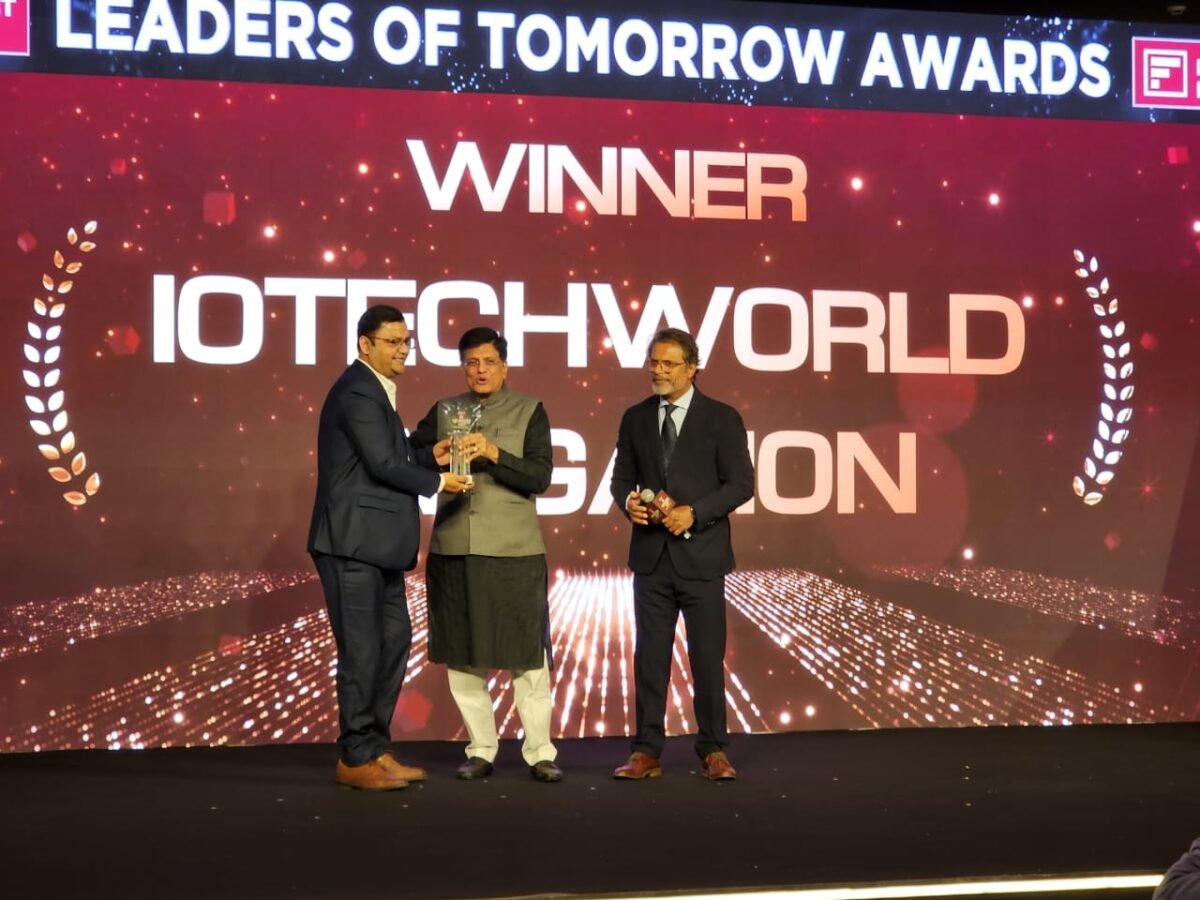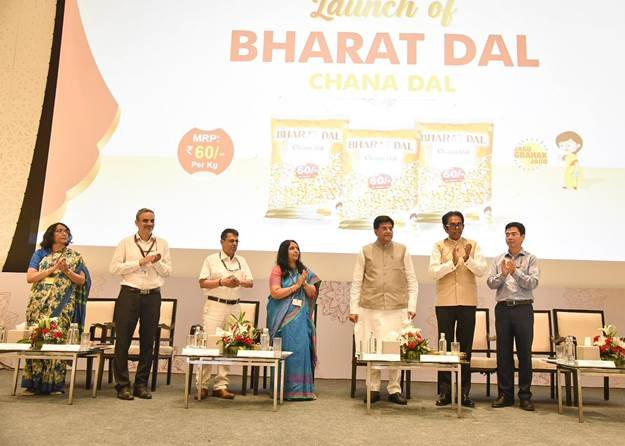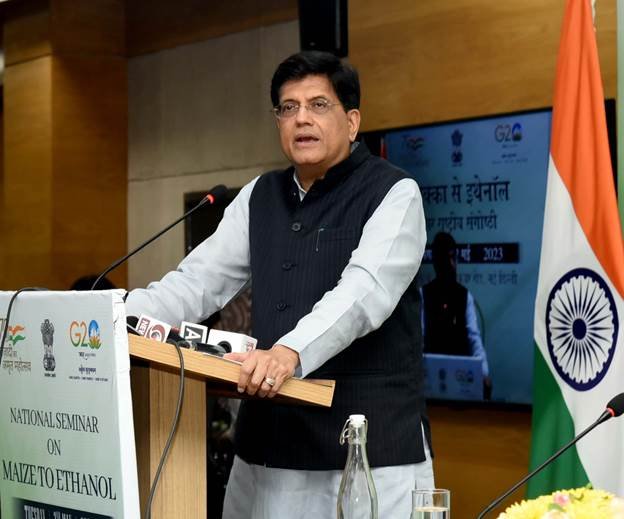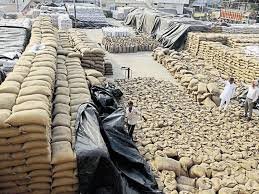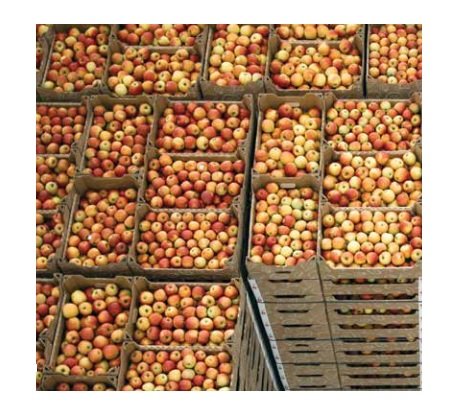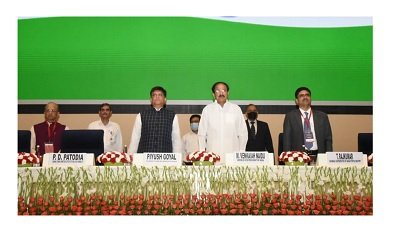DPIIT unveils Startup Maha Rathi for entrepreneurs with a prize pool of up to Rs 30 Cr
A flagship initiative to support early and growth-stage startups across 11 key sectors.
The Department for Promotion of Industry and Internal Trade (DPIIT), in collaboration with Avaana Capital, LetsVenture, Karnataka Digital Economy Mission (KDEM), IVCA, HDFC, among others, announced the launch of the Startup Maha Rathi challenge as part of the second edition of Startup Mahakumbh. A flagship initiative aimed at empowering Indian startups through every nook and corner of the country with funding, mentorship, and strategic guidance, this challenge aligns with India’s long-term vision of becoming a developed economy (Viksit Bharat) by 2047. The challenge is set to provide access to up to a Rs 30 crore fund, mentorship from industry experts, and networking opportunities with global investors. In addition, it will also entail special awards for innovative startups from emerging states and union territories through a dedicated program.
Startup Maha Rathi – Rising towards Viksit Bharat – is designed to open doors for budding entrepreneurs across 11 key sectors, including AI & DeepTech, BioTech & Healthtech, Gaming & Sports, Fintech, Incubators & Accelerators, Mobility, Agritech, B2B & Precision Manufacturing, D2C, ClimateTech, and Defence & SpaceTech. The program would be awarded by the Honourable Minister of Commerce and Industry and is aimed at equipping startups with the necessary resources to scale their operations and contribute to India’s technological and economic advancement. Startups selected through this initiative will gain exposure to global markets through Startup India, access to mentorship from industry veterans, investor networking opportunities, and national-level recognition by DPIIT.
The competition will follow a structured, multi-phase selection process, beginning with the application launch on February 26, 2025, and culminate after a 4-step process in an exclusive live pitching finale from April 3-5, 2025, at Bharat Mandapam, New Delhi. While each startup shortlisted for the grand jury round receive a guaranteed Rs 1 Lakh, top two startups from each sector will be awarded Rs 10 lakh respectively, while the next five will receive Rs 5 lakh each. Next 5 startups in each track will gain access to Rs 3 lakhs each in addition to financial grants, participating startups will receive expert guidance and investor access through a jury comprising 100+ leading VCs, angel investors, and domain specialists from Starup India and organizations such as Avaana Capital, LetsVenture, KDEM, IVCA, HDFC among many others.
Sharing his thoughts on the launch, Piyush Goyal, Union Minister for Commerce and Industry, said, “The Startup Maha Rathi initiative marks a pivotal stride toward achieving India’s vision of ‘Viksit Bharat 2047.’ By offering strategic financial support and expert mentorship, this initiative will empower the nation’s most promising startups to scale, innovate, and drive transformative change, strengthening India’s position as a global leader in entrepreneurship and innovation.”
Amardeep Singh Bhatia, Secretary, DPIIT, added, “India’s startup ecosystem is at an inflection point, and initiatives like this are crucial in ensuring that high-potential ventures receive the right support to thrive. By enabling a strong innovation-driven culture, the initiative will play a pivotal role in shaping the next generation of disruptive entrepreneurs.”
Anjali Bansal, Founding Partner, Avaana Capital, stated, “Initiatives like Startup Maha Rathi provide catalytic support to entrepreneurs solving for India’s critical priorities—green growth, sustainability, energy transition, food systems, agriculture, and deep tech. The programs not only showcase India’s entrepreneurial strength but also reinforces our ability to develop scalable solutions aligned with national priorities and position India as a global leader to accelerate towards a sustainable, inclusive and globally competitive Viksit Bharat.”
Applications for Startup Maha Rathi 2025 will open on February 26, 2025, with a deadline of March 7, 2025. The next round for startups that are shortlisted after an initial screening, will need to present virtually a jury panel between March 15 – 25th. Eligible startups must be DPIIT-recognized entities in their early or growth stages, operating in India as a Private Limited Company, LLP, or Partnership Firm. Startups can apply through the official website: https://www.startupindia.gov.in/content/sih/en/ams-application/challenge.html?applicationId=67bdbb76e4b0c167e9f99da2
A flagship initiative to support early and


